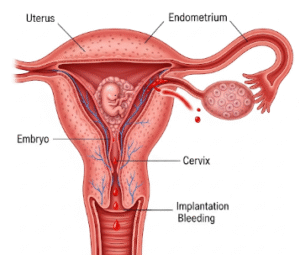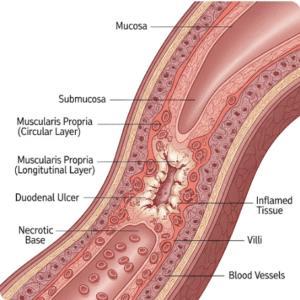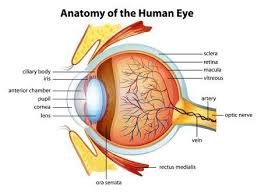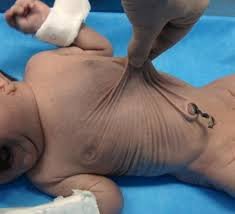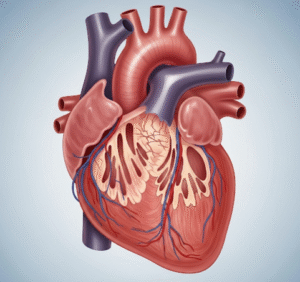Overview
Coronary Heart Disease (CHD) is a condition caused by the narrowing or blockage of the coronary arteries due to plaque buildup, reducing blood flow to the heart. It is a leading cause of death worldwide and a major health concern in Korea. With the rising aging population, sedentary lifestyles, and high prevalence of risk factors like hypertension, diabetes, and smoking, CHD cases are increasing in Korea. However, Korean hospitals provide advanced diagnostics, minimally invasive procedures, and lifestyle-based management programs to reduce its impact.
What is CHD in Korea?
CHD in Korea refers to heart disease caused by reduced blood supply to the heart muscles, usually due to atherosclerosis. It can lead to angina (chest pain), heart attacks, or heart failure. Korean medical centers offer world-class cardiac care, including early detection through advanced imaging, effective interventions like stent placement, and comprehensive rehabilitation programs.
Symptoms
- Chest pain or discomfort (angina), especially during exertion
- Shortness of breath
- Pain radiating to the arm, neck, jaw, or back
- Fatigue or weakness
- Dizziness or lightheadedness
- Heart palpitations
- In severe cases: heart attack (myocardial infarction)
Causes
- Plaque buildup in the coronary arteries (atherosclerosis)
- High blood pressure damaging arteries
- High cholesterol levels
- Smoking and tobacco use
- Diabetes leading to vascular damage
- Obesity and poor diet
Risk Factors
- Age (men over 45, women over 55 are at higher risk)
- Family history of heart disease
- High blood pressure (common in Korea)
- High cholesterol levels
- Smoking (still prevalent in Korea, particularly among men)
- Diabetes and metabolic syndrome
- Sedentary lifestyle
- High stress levels and long working hours (notable in Korean society)
Complications
- Heart attack (myocardial infarction)
- Heart failure (weak pumping ability of the heart)
- Arrhythmias (irregular heartbeats)
- Sudden cardiac arrest
- Stroke due to poor circulation
- Reduced quality of life and premature death
Prevention
- Quit smoking and avoid secondhand smoke
- Maintain a healthy weight and exercise regularly
- Eat a balanced diet low in saturated fats and high in vegetables, fruits, and whole grains
- Manage blood pressure, cholesterol, and blood sugar levels
- Reduce stress through relaxation techniques and adequate sleep
- Regular medical checkups, especially for high-risk individuals
Treatment Options in Korea
Korea offers advanced treatments for CHD with modern technology and multidisciplinary care:
- Medications: Antiplatelet drugs, beta-blockers, statins, ACE inhibitors
- Minimally invasive procedures: Angioplasty and stent placement using advanced cardiac catheterization labs
- Coronary artery bypass grafting (CABG): For severe blockages
- Cardiac rehabilitation programs: Including supervised exercise, diet management, and counseling
- Digital monitoring tools: Wearable devices and AI-powered platforms for continuous heart monitoring
- Preventive health programs: Korean hospitals emphasize early detection through health screenings


